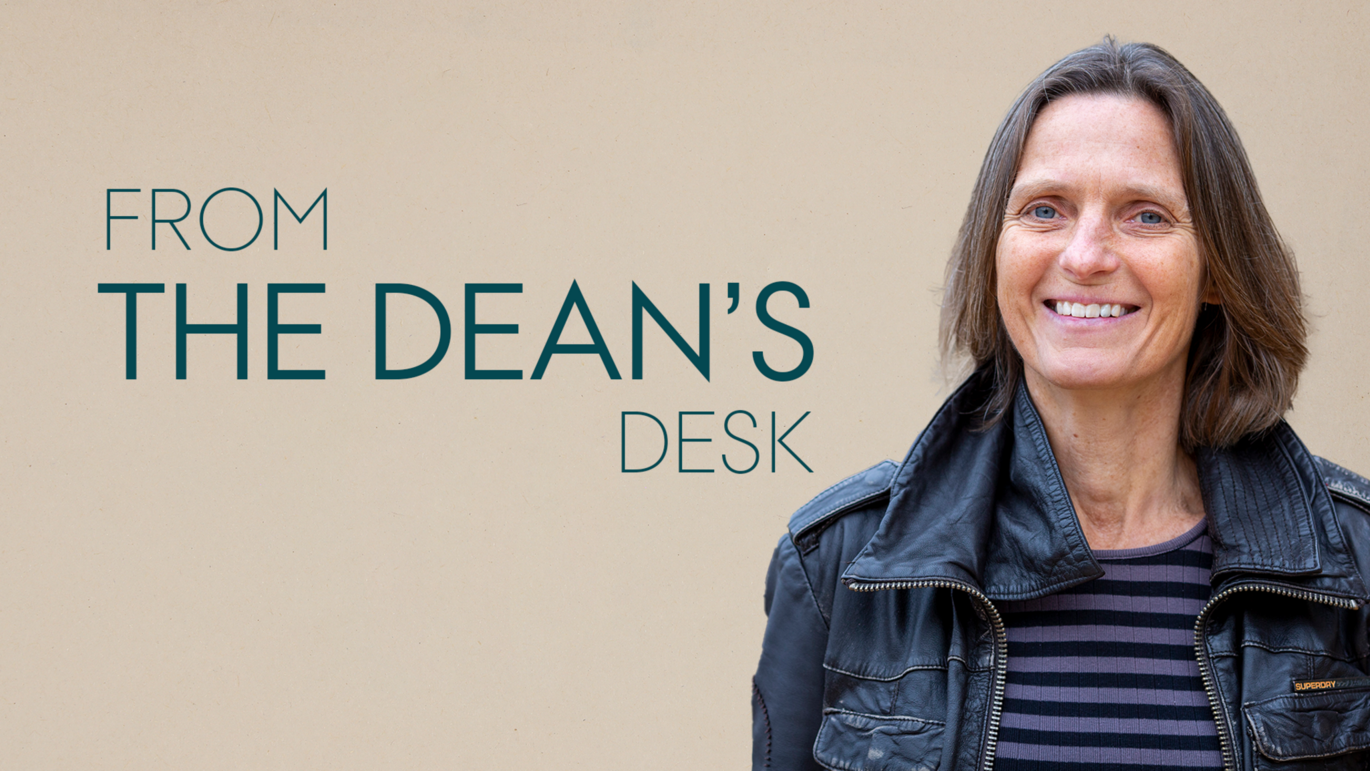From the Dean's Desk: Research integrity needs more than a code of conduct
The debate about good research practice is always topical. Discussions are usually about authorship. But when it comes to research integrity, two new areas have emerged: artificial intelligence and Open Science.

These areas are included in the revision of the Danish Code of Conduct for Research Integrity that is currently underway.
"From the Dean’s Desk" – a column in Inside Health
Shortly after a meeting in the Academic Council at which we talked about involvement, I received an email from one of the members of the council. She had thought about our discussions and suggested that I write directly to employees at Health in the faculty's newsletter. She suggested that I could write about some of the initiatives currently on my desk, so that all employees can keep abreast of some of the things we’re working on at the faculty.
I think it's a brilliant idea - thank you! I intend to continue this column once a month from now on.
The first Danish Code of Conduct for Research Integrity was published in 2014, and since then, we have worked hard to roll out the code and increase discussions about good research practice - both at AU in general and here at the faculty.
Here at Health, we have standards for the responsible conduct of research, we have mandatory courses for PhD students, we have integrated responsible conduct of research into the supervisor courses, and we have developed dilemma games that are played by all research groups at our faculty.
The new code of conduct will be released in 2025. Like the first code of conduct, it will be very general and therefore cannot stand alone. The new code of conduct will call for a lot of discussion about what it means for our daily research practice.
Experienced researchers define the culture and ensure that our research environments are constantly evolving. And early career researchers need to be introduced to what good research practice is - including in relation to collaborations and authorship.
One thing that concerns me is how to ensure that discussions about good research practice become part of our daily meetings and conversations. Every researcher should be able to raise issues and talk openly about the challenges they are facing.
The #PleaseDontStealMyWork campaign about authorship was a clear reminder of the need to continuously discuss good research practices in a respectful and open dialogue.
It will be some time before the new code of conduct is ready. We are in the process of writing it at the moment but it is crucial to me that it is not just a writing exercise.
High integrity in research requires more than a code of conduct; we will need all of you to discuss how best to put it into practice once we get that far.